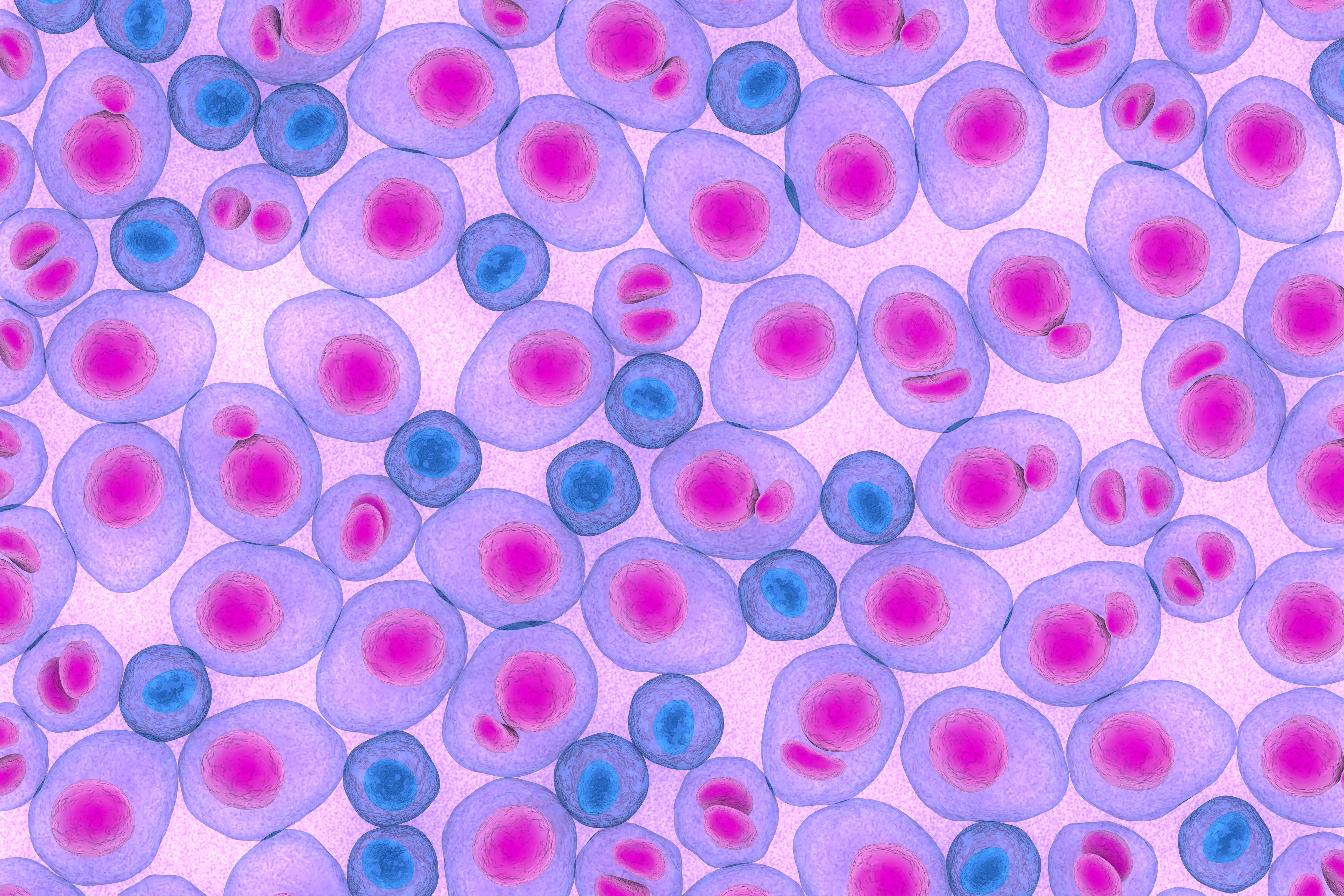Brain Surgery Recovery Time Explained
Understand the typical brain surgery recovery time, from initial hospital stay to long-term rehabilitation. Learn about the factors influencing recovery speed, potential challenges, and what to expect during your healing journey for optimal outcomes.

Written by Dr. Siri Nallapu
Reviewed by Dr. Rohinipriyanka Pondugula MBBS
Last updated on 12th Aug, 2025

Undergoing brain surgery is a significant event, and recovery can feel overwhelming. Whether you’re a patient or a caregiver, understanding what to expect during the healing process can help ease anxiety and ensure a smoother recovery.
This article explains brain surgery recovery time, what influences it, and how you can support your healing journey.
What Is Brain Surgery Recovery Like?
Recovery from brain surgery varies depending on the type of procedure, the patient’s overall health, and the reason for surgery. Generally, recovery can be divided into three phases:
1. Immediate Recovery (First Few Days to Weeks)
- After surgery, patients typically stay in the hospital for 3 to 7 days (sometimes longer if complications arise).
- Doctors monitor vital signs, brain function, and any signs of infection.
- Pain, fatigue, and mild confusion are common but improve gradually.
2. Short Term Recovery (First Few Weeks to Months)
- Patients may experience headaches, dizziness, or mood changes.
- Physical therapy, speech therapy, or occupational therapy may be needed.
- Most people can return to light activities within 4 to 8 weeks, but strenuous tasks should be avoided.
3. Long Term Recovery (Months to a Year or More)
- Full recovery can take 6 months to a year, sometimes longer for complex cases.
- Cognitive functions (memory, concentration) may take time to improve.
- Followup scans and doctor visits are essential to track progress.
Factors Affecting Recovery Time
Several factors influence how quickly someone recovers:
- Type of Surgery – Minor procedures (like a biopsy) heal faster than major tumor removals.
- Patient’s Age & Health – Younger, healthier individuals often recover quicker.
- Complications – Infections, bleeding, or swelling can prolong recovery.
- Rehabilitation – Physical therapy and cognitive exercises speed up healing.
Common Symptoms After Brain Surgery
It’s normal to experience some discomfort as your body heals. Common symptoms include:
- Headaches – Managed with prescribed pain relievers.
- Fatigue – Rest is crucial; avoid overexertion.
- Swelling or Bruising – Usually fades in a few weeks.
- Mood Changes – Irritability or mild depression can occur.
- Memory or Concentration Issues – Improves with time and therapy.
When to Seek Help?
If you notice severe headaches, seizures, fever, or sudden weakness, contact your doctor immediately.
Tips for a Faster Recovery
Tips for a faster recovery includes:
1. Follow Doctor’s Instructions – Take medications as prescribed and attend followups.
2. Rest, But Stay Active – Light walking helps circulation, but avoids heavy lifting.
3. Eat a BrainHealthy Diet – Include omega-3s (fish, nuts), antioxidants (berries), and hydration.
4. Avoid Alcohol & Smoking – These can slow healing.
5. Engage in Gentle Exercises – Yoga or stretching can help with mobility.
6. Mental Health Support – Counseling or support groups can help with emotional recovery.
Consult Top Specialists
When Can You Return to Work or Daily Activities?
You can return to work or daily activities as follows:
- Desk Jobs: Some patients return in 4-6 weeks.
- Physically Demanding Jobs: May require 3-6 months or longer.
- Driving: Usually allowed after 6-12 weeks, depending on recovery.
Always consult your doctor before resuming work or driving.
How Apollo 24|7 Can Help?
If you or a loved one has undergone brain surgery, Apollo24|7 offers:
- Post Surgery Consultations – Speak with neurologists for recovery guidance.
- Rehabilitation Support – Access to physiotherapists and cognitive therapists.
- MRI/CT Scans – Monitor healing with advanced imaging.
Book a consultation today for personalized care and expert advice.
Final Thoughts
Recovering from brain surgery takes time and patience. While the process can be challenging, following medical advice, maintaining a healthy lifestyle, and seeking support can make a big difference.
Every recovery journey is unique—listen to your body, stay positive, and celebrate small progress. You’re stronger than you think!
Need expert guidance? Schedule a consultation with Apollo24|7 today.
Consult Top Specialists
Consult Top Specialists

Dr. Aditendraditya Singh Bhati
Neurosurgeon
18 Years • MBBS(2004), DNB Neurosurgery(2014); MNAMS; Fellow Neuroendoscopy
Delhi
Apollo Hospitals Indraprastha, Delhi
(100+ Patients)

Dr. Ganeshgouda Majigoudra
Neurologist
10 Years • MBBS, MD ( GENERAL MEDICINE) DM (NEUROLOGY)
Bengaluru
Apollo Clinic, JP nagar, Bengaluru

Dr Rajashekar Mummadi
Neurologist
3 Years • MBBS, DNB General Medicine, DRNB Neurology
Hyderabad
Dr Ram's Neuro Clinic, Hyderabad

Dr. E Prabhakar Sastry
General Physician/ Internal Medicine Specialist
40 Years • MD(Internal Medicine)
Manikonda Jagir
Apollo Clinic, Manikonda, Manikonda Jagir
(125+ Patients)

Dr S Selvin
Neurologist
10 Years • MBBS, MD, DM (Neurology), FINR fellowhsip in Interventional Neuro Radiology
Chennai
Apollo Speciality Hospitals Vanagaram, Chennai
Consult Top Specialists

Dr. Aditendraditya Singh Bhati
Neurosurgeon
18 Years • MBBS(2004), DNB Neurosurgery(2014); MNAMS; Fellow Neuroendoscopy
Delhi
Apollo Hospitals Indraprastha, Delhi
(100+ Patients)

Dr. Ganeshgouda Majigoudra
Neurologist
10 Years • MBBS, MD ( GENERAL MEDICINE) DM (NEUROLOGY)
Bengaluru
Apollo Clinic, JP nagar, Bengaluru

Dr Rajashekar Mummadi
Neurologist
3 Years • MBBS, DNB General Medicine, DRNB Neurology
Hyderabad
Dr Ram's Neuro Clinic, Hyderabad

Dr. E Prabhakar Sastry
General Physician/ Internal Medicine Specialist
40 Years • MD(Internal Medicine)
Manikonda Jagir
Apollo Clinic, Manikonda, Manikonda Jagir
(125+ Patients)

Dr S Selvin
Neurologist
10 Years • MBBS, MD, DM (Neurology), FINR fellowhsip in Interventional Neuro Radiology
Chennai
Apollo Speciality Hospitals Vanagaram, Chennai




